When you combine courage with compassion, the world can change.
The last two weeks have been crazy launching this A Language of Healing for a Polarized Nation, first in Dallas and then in Los Angeles. We found each audience incredibly engaged with wanting to change their own conversations from fear and suspicion to mutual respect and being able to see the world through the eyes of those they have long regarded as “the opposition.” I know what a joy that has been just working on this book and over the last year finding myself seeking out conversations with people who are different than me, not to explain my point of view, but to truly understand theirs.
This is where change begins, not in Washington, but in the next conversation you have and the next relationship you seek out. This book invites you to have different conversations with friends and family, colleagues and co-workers, neighbors, and even strangers. As you move outside your comfort zone with a more generous heart, especially toward those who are different than you, the world can change. I heard a marvelous story yesterday of a friend in traffic school engaging a young man who was being picked on by others in the class. My friend is Hispanic, and the young man was Caucasian, so immediately, the walls went up. But my friend pressed through them, offering to buy him lunch, and by the end of the day, they had struck up a friendship that put the bullies at bay. The young man was so grateful.
We’ve heard from people in the U.K., France, and Spain, hoping this book will also help the polarized climate in which they live. Imagine if enough of us lived more generously in the world, moving past our imagined barriers to care about people who are different from us? That doesn’t mean we become less passionate about the things we care about for our nation, but we’ll also be able to appreciate the concerns of others as well. We are not as divided as our political parties or media want us to believe. There is enough common ground to share our hopes and aspirations and find solutions that are fair to our differences.
We are already hearing from a few colleges and universities that are considering using the book in their cultural studies programs, and from a political party county chairperson who is hoping this book can help build some bipartisan bridges in her own community
Would you help us change the conversation as well?
If so, get the book and read it if you haven’t already.
If you have and think it worthy, would you help us spread the word? There’s nothing more powerful than word-of-mouth recommendation from passionate readers. Here are some ideas that will help more than you know:
- Write a review for Amazon (and copy it to Goodreads). It only needs to be a sentence or two. Tell people what you think of this book. These reviews make a huge difference in Amazon’s algorithms recommending this book to others.
- If you host a podcast or blog, please consider having one or all of us as a guest to discuss the book.
- If you have a favorite radio talk show or podcast, send an email to the host and recommend they do an interview with one or all of the authors. We are all making ourselves available to discuss this book wherever and however the doors open. Listener-suggested topics carry a lot of weight.
- On your social media feeds, post pictures of yourself with the book, reading it, or of it laying on your end table or bedside stand. Use the picture from this blog post if you want. There are many more on my Facebook Author page. We want to fill the Internet with photos of the book on Facebook, Twitter, and Instagram,
- Post your favorite quote(s) from the book along with a picture of the cover, or post how it is changing the way you relate to people in your life. Personal stories are the best!
- Feel free to tag us authors, Bob Prater, Arnita Willis Taylor, and Wayne Jacobsen
- Use the hashtag: #ALanguageOfHealing wherever you can and link to the website ALanguageOfHealing.com or Amazon sales page wherever it is appropriate.
- Consider the book as a Christmas gift to friends or coworkers.
- If you’re already in a book group, suggest this one. If you’re not, organize one for your neighborhood or family to discuss how we can change the conversation to one of greater respect and understanding.
There’s no big media company behind this book and we don’t anticipate that the national media will love it since we give them a pretty good knock for increasing the polarization to generate sales and attract viewers. I do think this book is worthy of a hearing in our culture and I am excited to see what might happen if enough people are captured by its message to live a bit differently in their day-to-day interactions.
Thank you for whatever help you can lend us. Of course, what’s most important for all of us is not just getting the book out there, but taking seriously some of the encouragements in the book to live differently and engage people every day with greater generosity and kindness. That’s how the world will change, even if it’s only a small corner of it where you live.




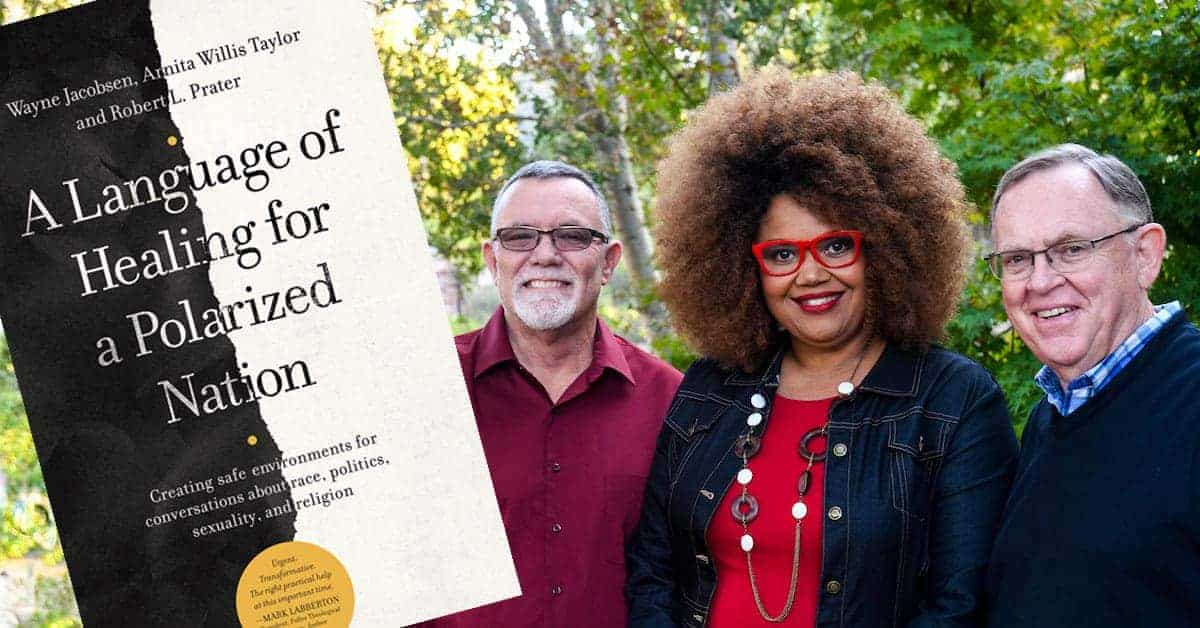
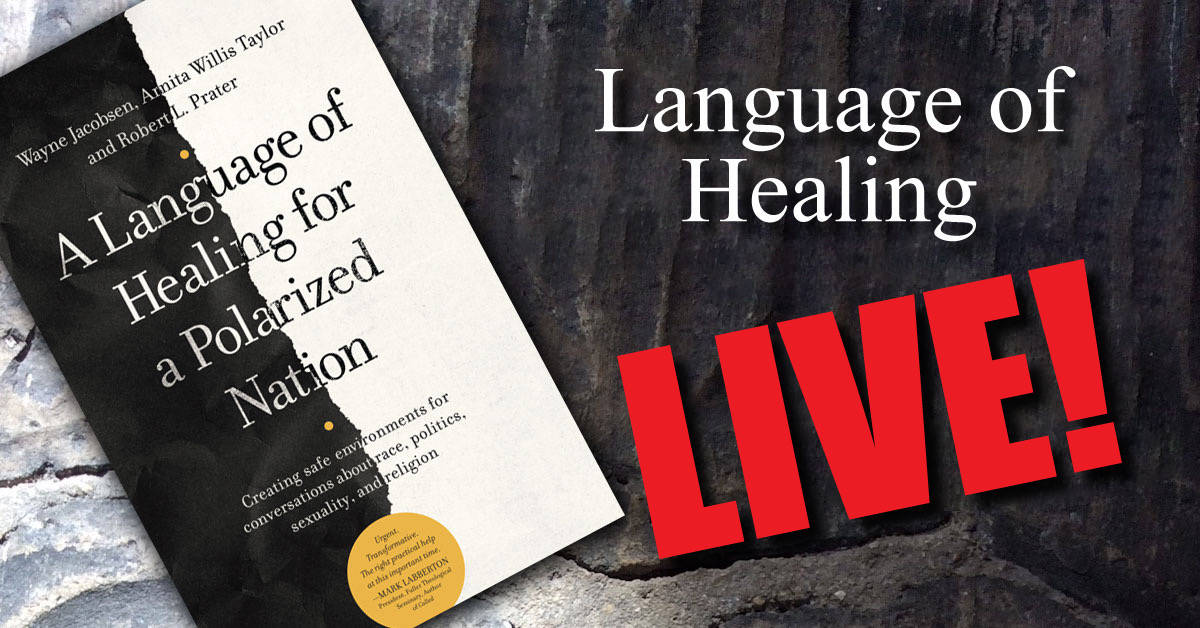
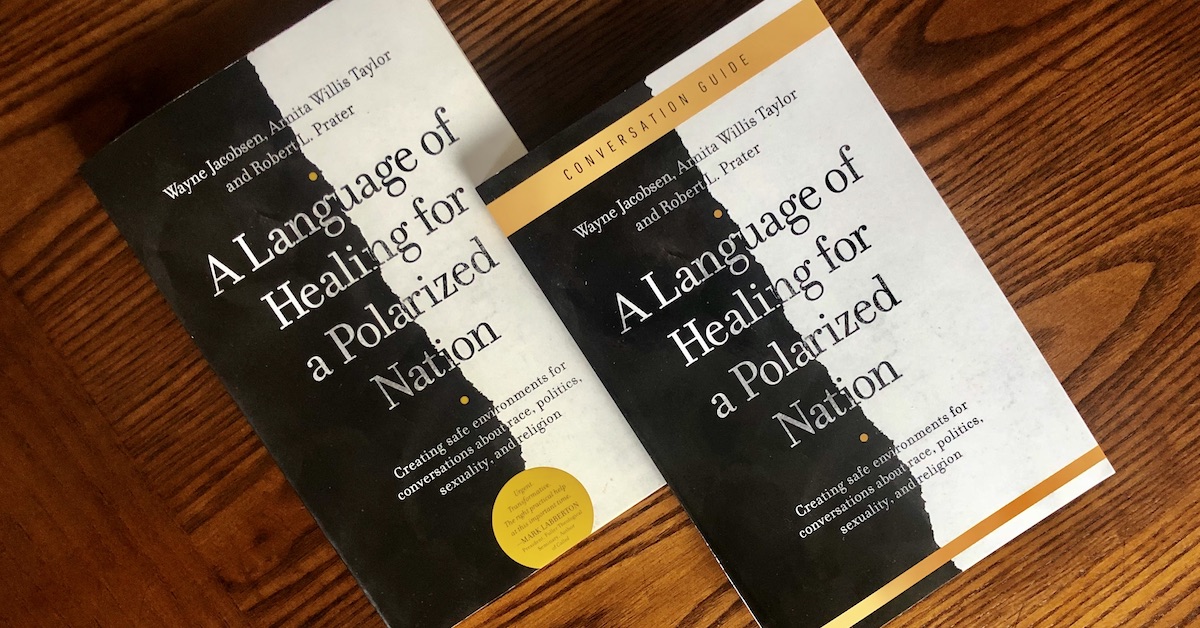
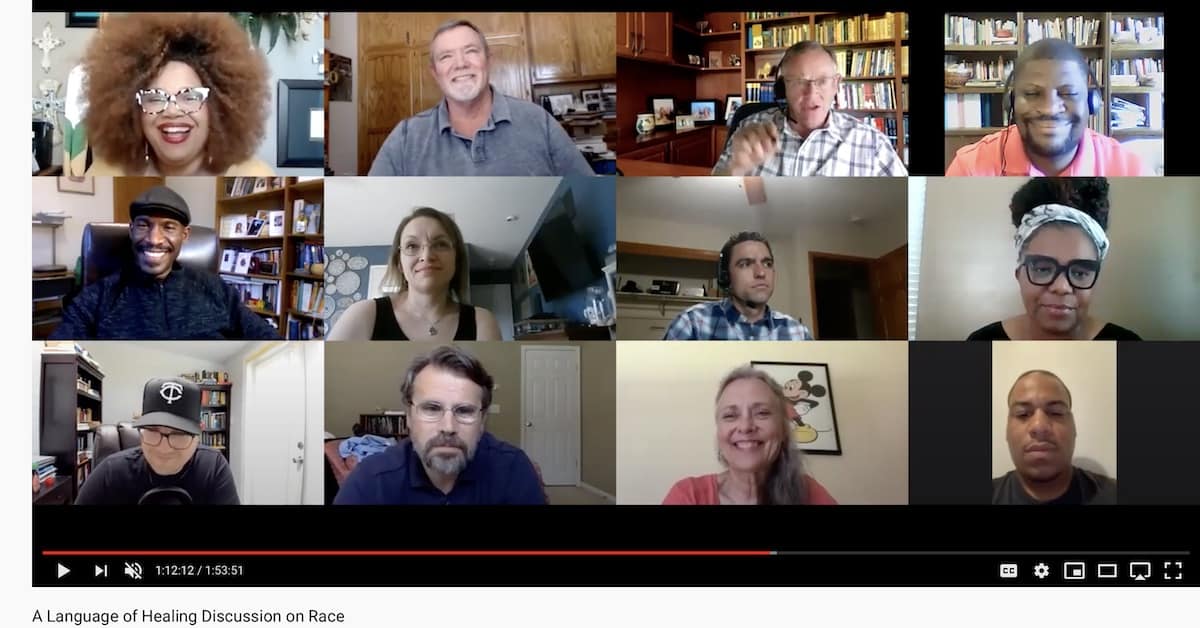
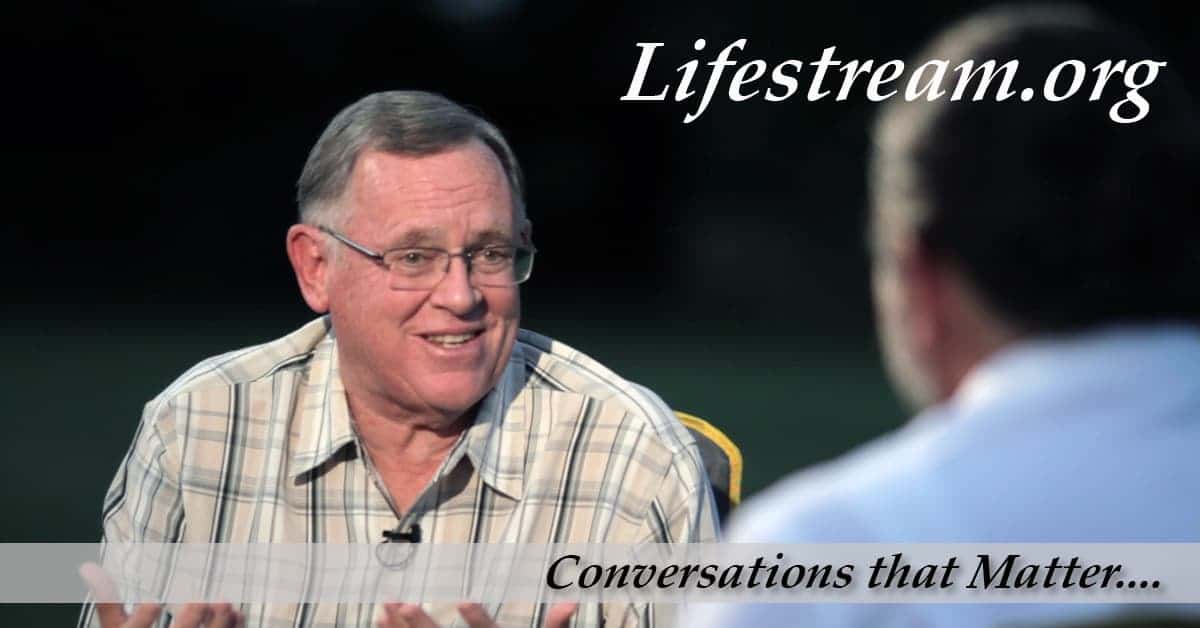
Love most of the material I’ve heard and read in the past. I must be frank though, lately I’ve felt slimed with all the commercialization of your products. Your last podcast I listened to seemed like nothing more than one long infomercial for the new book and you telling each other how great you were.
You have perfected selling sanctification like the Catholics have perfected selling salvation. Imagine how rich the Apostle Paul could be today if he sold his letters and charged for his meetings. John could be a multimillionaire if he sold his gospel, letters, and especially his revelation.
I believe we need a reformation of sorts to cleanse the body and change the mindsets of those profiting from their gifts and talents. Music, books, seminars, movies, and counseling all seem to come at a great price, that many in the body can’t afford.
And you came to that conclusion about Lifestream by reading my free blog or by listening to the free podcast? Interesting….
How do we get the book in Nigeria? Or can one read it online to be able to review or share with others.? I’m really interested
I have no idea, Ngozi. You might want to talk to bookstores and publishers there to see what can be done. Hopefully, you can at least access the e-book from one of the many providers. Getting books into foreign countries is not easy unless a publisher there wants to make a translation and make it availble.
Wayne, I was on the USS Forrestal in 1967 when 134 men were killed when we were stationed off the coast of Vietnam and a total of 57,939 men were killed or missing from that war. Then there are all the other men and women killed in all the wars we have been involved in and you have chosen to use Colin Kaepernick as a hero for being willing to cause disruption. I can’t think of any other action to be more disrespectful to our country . May God bless AMERICA in spite of Colon Kaepernick
Kaepernick wasn’t even mentioned in my blog and nowhere in the book is he called a hero, so I’m confused by your comment, though I am saddened that any positive mention of his attempts to draw attention to racial inequities in our culture somehow diminishes the service or sacrifice of our veterans. I don’t find it difficult to deeply honor the service of people in my generation who served and died in the Vietnam conflict and at the same time realize that racial inequities still exist in our country for people of color. Isn’t it possible to deeply care about both? If people were spitting on the flag or burning it, I could better appreciate your concern. I don’t think kneeling for the National Anthem has to be interpreted as disrespect for those who served our country. Kneeling to me has always been a show of respect, as when I do so in prayer. I understand your viewpoint, I hope you can appreciate that others view it differently.
Wayne , how did Jesus deal with the Pharisees and Sadducees. Was it what you’ve written. Did He “engage them with generosity and kindness?? Not from anything I’ve read in scripture..
Hi Mr. Burns. I think Jesus was being generous and compassionate to the Pharisees. He told them the truth, even when they didn’t want to hear it. Even at the end when he calls them hypocrites he is still hoping they will see and run under his wings for safety. But they would not have it.
That said, we make pretty clear in the book that you cannot find common ground with about 22% of Americans. On both the left and the right, they are so convinced that they are right and anyone who disagrees with them is evil, that finding a way into effective communication is all but impossible. When we talk about kindness and generosity we’re talking about the other 78% who are more rational and reasoned, and even though they, too, are passionate about their views, they are not willing to force them on others.